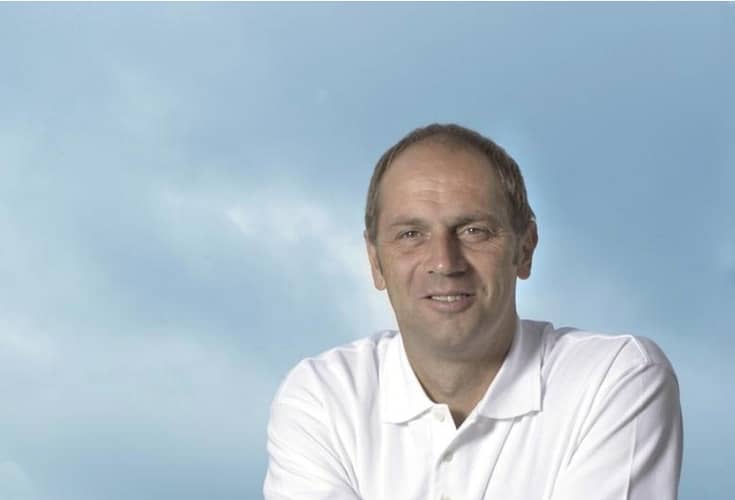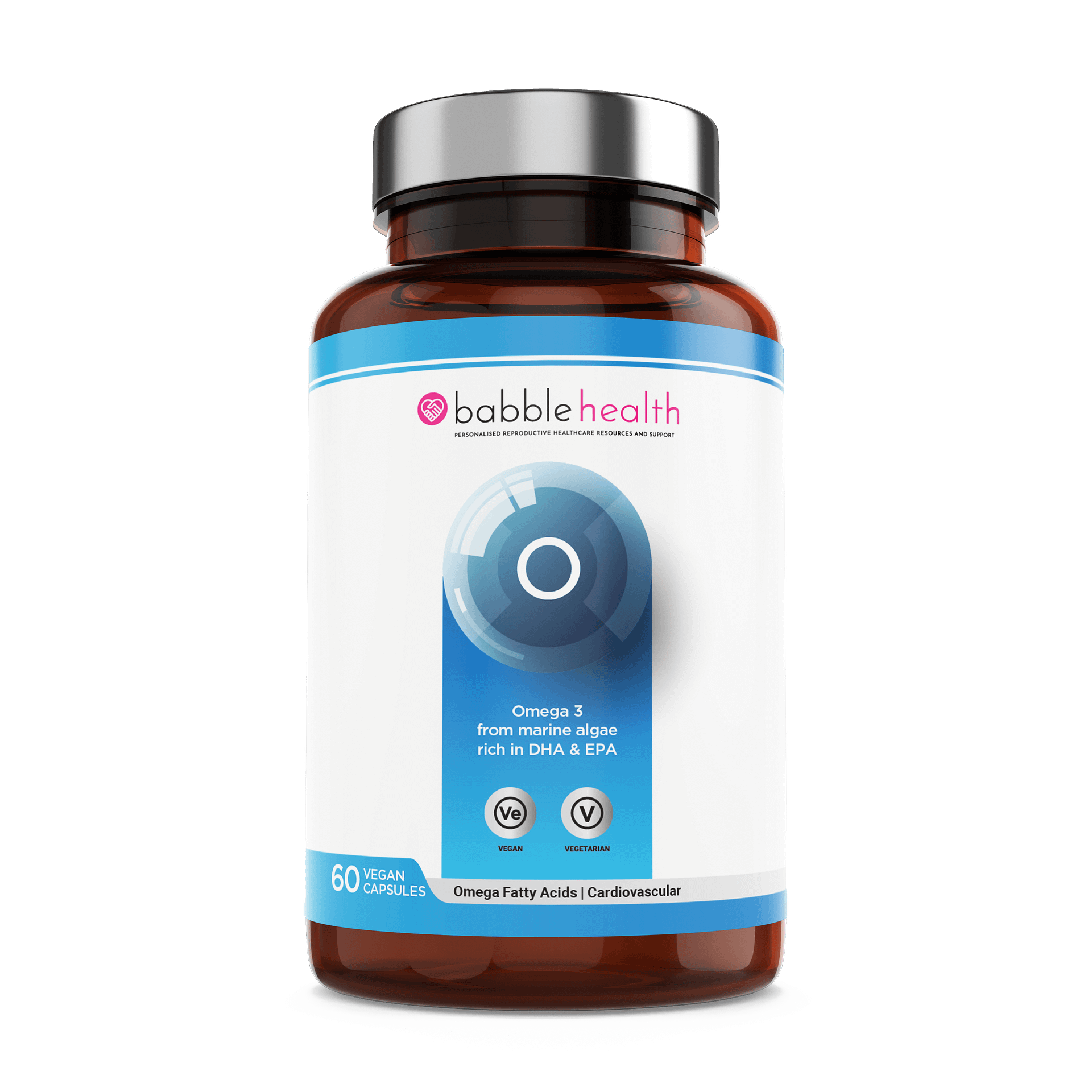When we think of Sir Steve Redgrave, we think of Olympic gold medals, endurance and sheer tenacity. We tend not to think of weight gain, a low mood and a lack of energy.
But that’s exactly what the champion rower and five times Olympic gold medal winner (he achieved the top status in five consecutive Olympic games, making him the most successful male rower in Olympic history) has recently experienced.
And the reason? Low testosterone.
Steve, who’s about to turn 61, started experiencing these symptoms and simply put it down to getting older. But when a friend suggested it might be down to a loss of the male sex hormone testosterone, he decided to investigate further.
He spoke to the Independent, saying, “Since retiring from rowing, I’ve experienced unexplained weight gain particularly around my belly, tiredness, and feeling low and a bit depressed”.
“It was only after speaking with a friend that I learned these could be signs of testosterone deficiency, rather than just signs of getting older.”
“Recent results show I have borderline testosterone deficiency. I’m working closely with my doctor to find a treatment that will work for me to overcome these symptoms, which may be testosterone replacement.”
As an ambassador for Teds Health, he now wants other men to get tested to discover if their natural testosterone levels may be dropping, especially since they’re linked to type 2 diabetes. It’s thought that a male with low testosterone levels is four times more likely to develop type 2 diabetes – and Steve has it himself, after being diagnosed in 1997, just a year after winning his fourth gold medal, and three years before his fifth.
“I was an athlete at the time [of diagnosis], and I carried on competing for the next three years with diabetes. I was one of the fittest people in the country, and then you’re told your body isn’t doing what it was doing before. I honestly thought my rowing career would be over at that point, and it wasn’t until I saw the specialist and he said he saw no reason why I couldn’t carry on doing my sport.”
And he’s quick to back that up, “There are certain areas in life you can’t follow when you’re diabetic, but you can still achieve most of your dreams.”
During his days as an athlete, he was consuming 6,000 to 7,000 calories a day, and although it’s much less now, his insulin pump allows him to have some level of freedom over his diet.
In terms of testosterone, Steve and his doctors are currently weighing up his options. Testosterone replacement is available as a daily skin gel or an injection that lasts a few months.
“If I have to go down that avenue, I think I’ll go for the injection, rather than a daily rub of gel – the injection would be a lot more convenient for me.”
“I generally try to keep fit – nothing compared to when I was an athlete, but I try to eat healthily and look after myself. My eldest daughter Natalie, who’s a doctor, is pregnant, so I’m going to be a grandfather in July, and I want to be healthy and fit for the grandchildren that are going to start coming along from now.”
“It’s my first grandchild, and I’m looking forward to being a grandfather. But it makes me feel old!”















